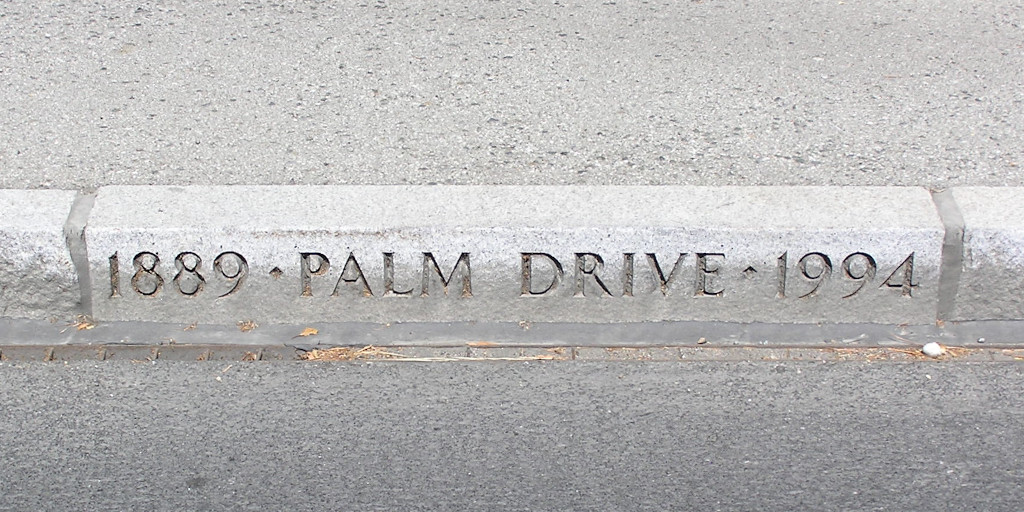Author: Dirk Riehle
-

Dear ministry of paper-based exams
Dear ministry: Ten days ago I received a pile of written exams to grade. Yesterday you sent me a note asking me to finish up already. In the future, I recommend you send the dunning notice together with the exams. Alternatively, you could fix your own processes and give me adequate time. Speaking about fixing…
-

How to present a theory (as a handbook)
The key output of research is a theory or something supporting the building or validation of a theory. A theory, in turn, is knowlege, for example in the form of a model, that lets us predict the future or create reliable output in some form. Scientists usually publish theories for other scientists to review, in…
-

The value of articles with no relevance
I’m listening to Lutz Prechelt’s keynote at the German Software Engineering research community conference. He is talking about how we should not be undertaking research that has no relevance, and he is demonstrating this by presenting research based on ludicruous assumptions (that will never be real, not in this nor another world). Nobody could disagree…
-

Dear editor (of an Elsevier journal)
Thank you for the request to review an article. My usual reviewing fee for Elsevier journals is one full year of free access to your digital library for my university. However, Elsevier has locked out German universities from accessing research on their websites, including our own. So in addition to my usual fee I must…
-

The downside of college teaching
“Teaching young minds is great and keeps you young!” There is some truth to this made-up quote. Growing older, you might get set in your ways, but younger people will most certainly challenge you to rethink those. While there is a lot of positive things to say, I want to discuss two difficult but critical…
-

Does basic research need to have a purpose?
The short answer: This question is click-bait and was written to incite reflexes rather than reflection. The long answer: The question is a red herring, because a researcher arguing that research shouldn’t have to have a purpose is actually complaining about society not seeing the value of their research as they do. First of all,…



